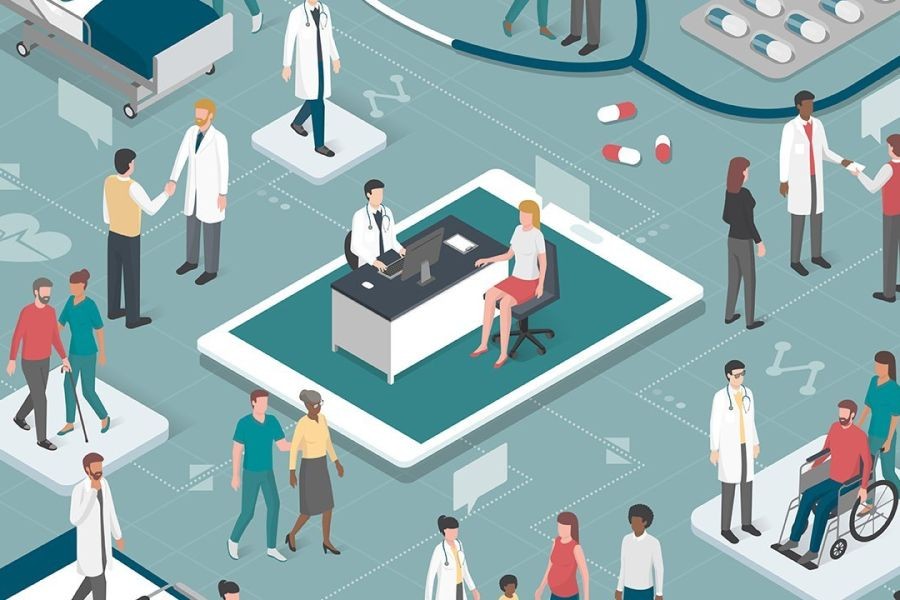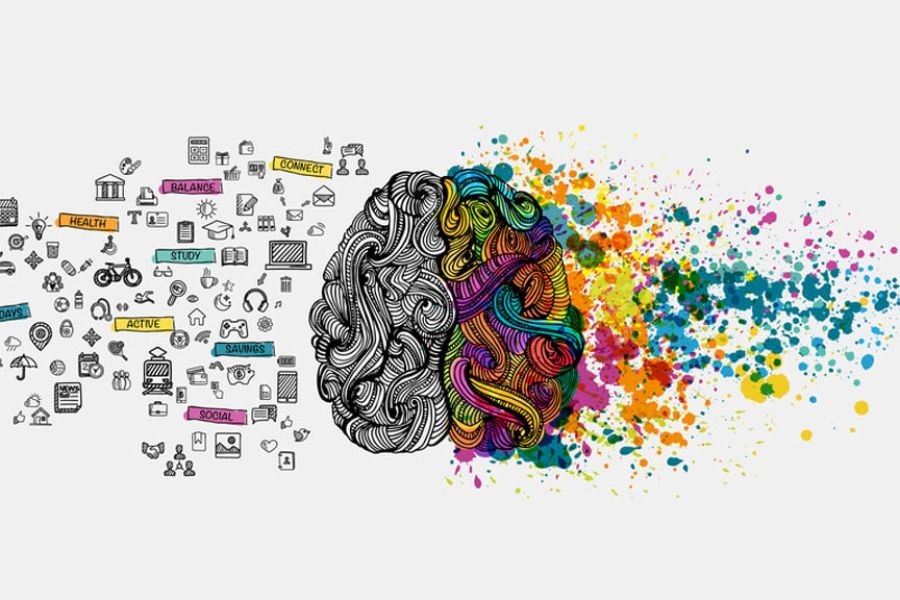Artificial Intelligence (AI) is revolutionizing industries worldwide, and Australia's healthcare system is no exception. The integration of AI into healthcare promises to improve patient outcomes, optimize operational efficiencies, and reduce healthcare costs, but what does this mean for Australia specifically?
How AI is Currently Used in Australian Healthcare
In Australia, AI is already being utilized to enhance diagnostic accuracy, manage patient data, and personalize treatment plans. For instance, AI algorithms are being used in radiology to detect anomalies in imaging data, which significantly improves diagnostic speed and accuracy. According to a report by the Australian Bureau of Statistics, there's been a 20% increase in diagnostic accuracy in hospitals using AI-based imaging tools.
Case Study: Royal Melbourne Hospital
The Royal Melbourne Hospital has been at the forefront of AI adoption. By integrating AI into its radiology department, the hospital has reduced the time taken to analyze chest X-rays by 50%, ensuring faster patient diagnosis and treatment. This efficiency not only enhances patient care but also reduces the workload on healthcare professionals.
Economic Implications of AI in Healthcare
The economic potential of AI in healthcare is immense. According to the Reserve Bank of Australia, the integration of AI technologies could save the Australian healthcare system an estimated AUD 6 billion annually by 2030 through improved efficiencies and reduced errors.
Moreover, AI-driven innovations could lead to the creation of new jobs in tech development and data analysis, offsetting job losses from automation in other sectors. This shift aligns with the Australian government's focus on fostering a knowledge-based economy, as highlighted in the recent Treasury AU report.
Challenges and Ethical Concerns
Despite its benefits, the integration of AI in healthcare raises several ethical concerns and challenges. Data privacy remains a significant issue, as AI systems often require access to vast amounts of personal health data. The Australian Competition & Consumer Commission (ACCC) emphasizes the need for stringent data protection measures to prevent misuse.
Additionally, there is the challenge of ensuring AI algorithms are free from biases that could lead to unequal treatment of patients. Addressing these concerns requires robust regulatory frameworks and ongoing oversight.
Pros and Cons of AI in Healthcare
Pros:
- Enhanced Efficiency: AI can automate routine tasks, allowing healthcare professionals to focus on patient care.
- Improved Accuracy: AI algorithms have shown to increase diagnostic accuracy, reducing human error.
- Cost Savings: AI can significantly reduce operational costs, freeing up resources for patient care.
Cons:
- Data Privacy: There are significant concerns about the security of personal health data.
- Ethical Concerns: AI systems may inadvertently perpetuate biases present in the data they learn from.
- Job Displacement: Automation of routine tasks could lead to job losses in certain healthcare roles.
Future Trends and Predictions
Looking ahead, AI is expected to play an even more pivotal role in Australia's healthcare system. By 2028, it is predicted that AI will be responsible for over 60% of all diagnostic procedures in the country, according to a Deloitte report. This shift will not only enhance patient care but also drive down costs, making healthcare more accessible to all Australians.
Furthermore, the development of AI-driven personalized medicine is set to transform patient treatment plans, tailoring therapies to individual genetic makeups for more effective outcomes.
Conclusion: The Road Ahead
AI holds great promise for transforming Australia's healthcare system, but its integration must be handled with care. By addressing ethical concerns and ensuring robust regulatory frameworks, Australia can harness AI's potential to improve health outcomes and drive economic growth.
What are your thoughts on the future of AI in Australia's healthcare system? Join the conversation and share your insights below!
People Also Ask
- How does AI impact healthcare in Australia? AI improves diagnostic accuracy by 20% and could save AUD 6 billion annually through efficiencies, according to the Australian Bureau of Statistics.
- What are the ethical concerns of AI in healthcare? Key concerns include data privacy and algorithmic bias, as highlighted by the ACCC.
Related Search Queries
- AI in Australian healthcare
- AI healthcare ethics Australia
- Future of AI in medicine
- AI technology in hospitals
- AI and patient data privacy

































HuldaButch
7 months ago